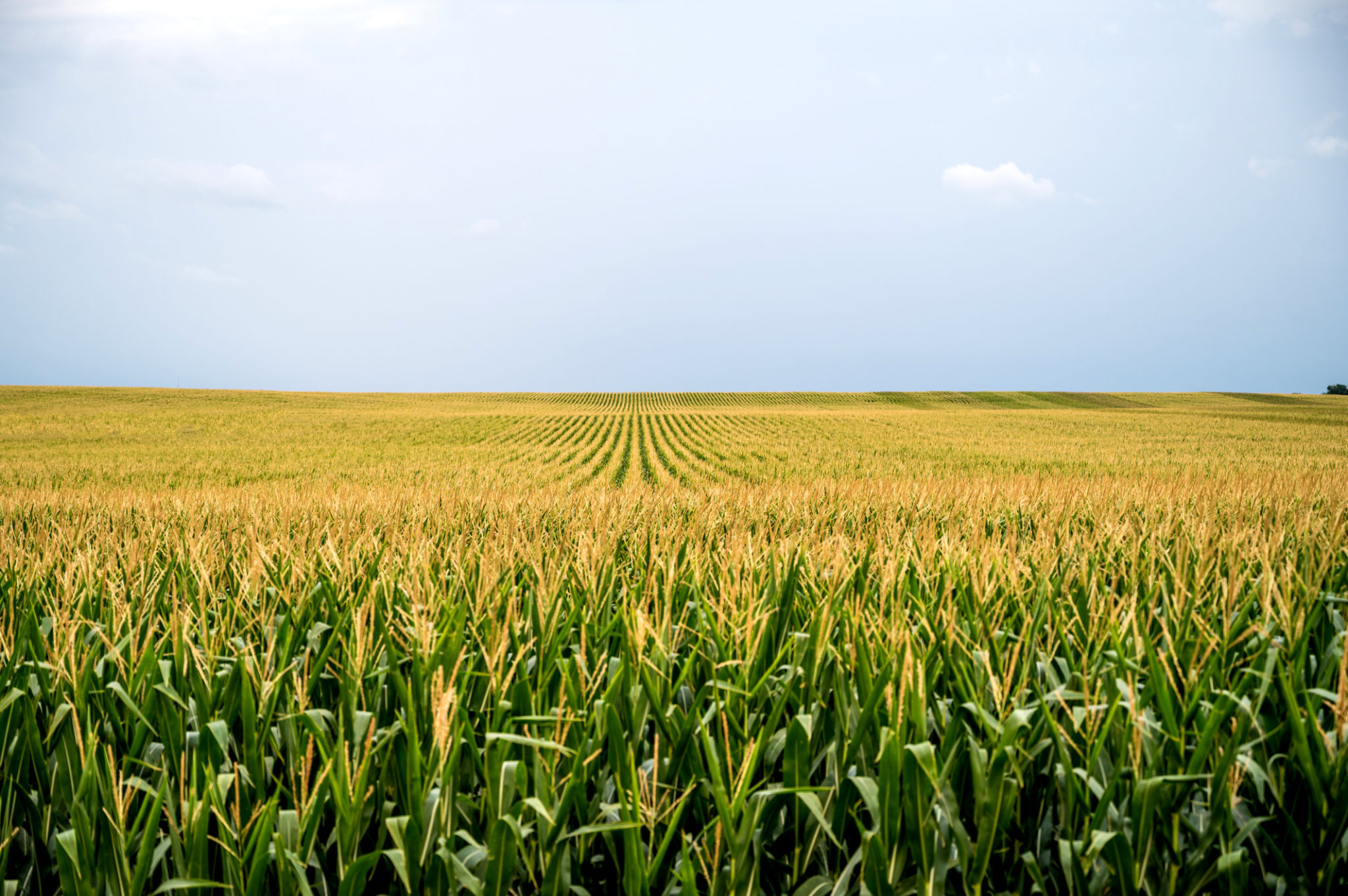Seasonal Farming Tips for Kasungu: Preparing for the Next Planting Season
LW
Understanding Kasungu's Climate
Kasungu, a region well-known for its agricultural potential, experiences a subtropical climate with distinct wet and dry seasons. As a farmer in this region, understanding the local climate patterns is crucial for maximizing your crop yield. The rainy season typically starts in November and lasts until April, providing ample moisture for crops. It's essential to plan your planting activities around these months to ensure that your crops receive the necessary water supply.

Soil Preparation
Before the onset of the planting season, it's vital to prepare your soil properly. Start by testing the soil to determine its pH level and nutrient content. This information will guide you in selecting the appropriate fertilizers and soil amendments. Proper tilling is also crucial as it aerates the soil and helps in incorporating organic matter, which improves soil fertility.
Choosing the Right Crops
Selecting the right crops is fundamental for a successful harvest. In Kasungu, staple crops such as maize, groundnuts, and tobacco thrive well. Consider diversifying your crop selection with legumes or vegetables to improve food security and market opportunities. It's also beneficial to choose high-yielding and disease-resistant varieties that are suitable for the local climate.

Effective Water Management
Water management is a critical aspect of farming in Kasungu. With the reliance on rain-fed agriculture, it's important to make use of water conservation techniques. Implementing measures such as water harvesting, mulching, and drip irrigation can significantly enhance water use efficiency. These methods help maintain soil moisture levels during dry spells, reducing the risk of crop failure.
Pest and Disease Control
Pests and diseases can severely impact crop yield if not managed properly. Regular monitoring of your fields is essential to detect any early signs of infestation. Integrated Pest Management (IPM) strategies can be employed to control pests, combining biological, cultural, and chemical methods. Ensure that any chemical treatments are used responsibly to minimize environmental impact.

Embracing Sustainable Practices
Sustainable farming practices not only contribute to environmental conservation but also enhance long-term productivity. Techniques such as crop rotation, agroforestry, and organic farming play a significant role in maintaining soil health and biodiversity. By adopting these practices, you can improve resilience against climate change effects and ensure sustainable livelihoods.
Engaging with Local Farming Communities
Collaboration and knowledge sharing are vital components of successful farming. Engaging with local farming communities in Kasungu provides opportunities to exchange ideas and access valuable resources. Participating in community workshops or farmer cooperatives can enhance your skills and provide support networks that are essential during challenging times.

By implementing these seasonal farming tips and leveraging the natural resources available in Kasungu, you can enhance your agricultural productivity and contribute to food security in the region. As you prepare for the next planting season, remember that informed planning and sustainable practices will lead to fruitful results.
